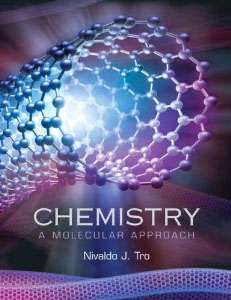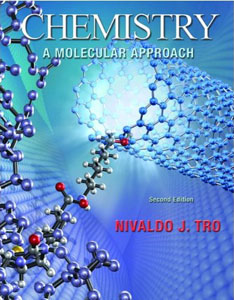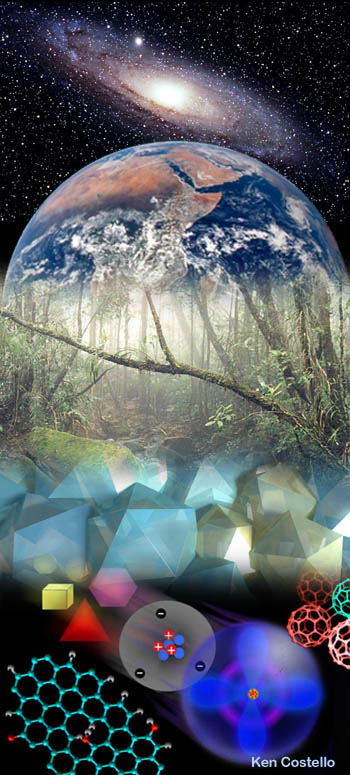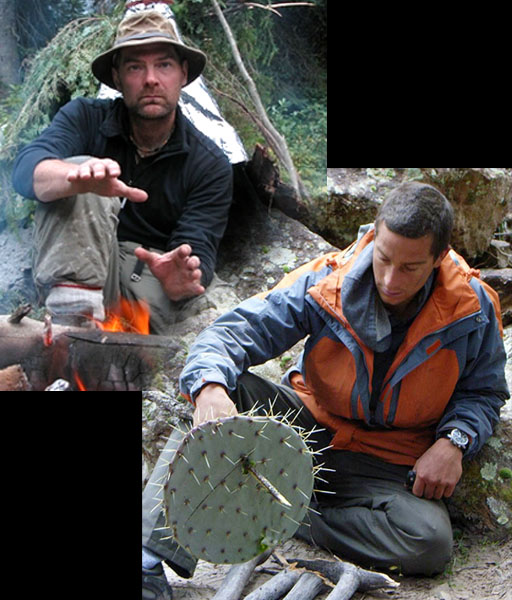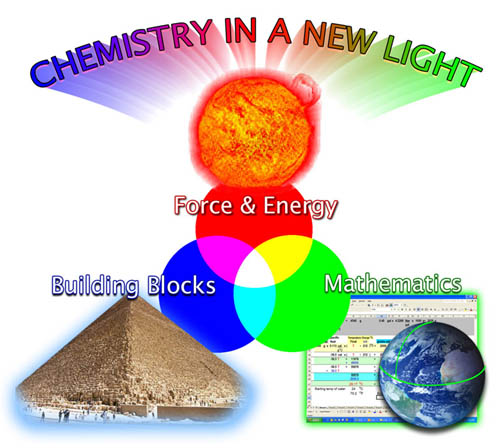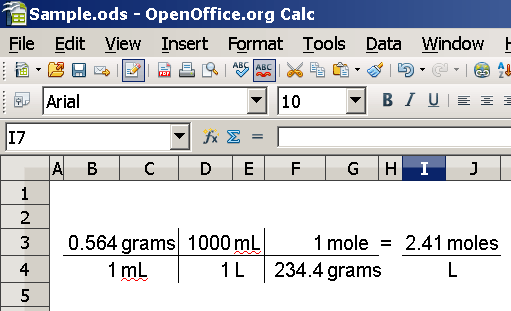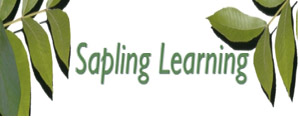| Phoenix College (online course) (# 12735 /Fall 2011) |
INSTRUCTORS: This class is team taught by the two instructors listed below. |
|
| Mr. Ken Costello Email: chm151@chemistryland.com Phone: 480 202-2993 (cellphone #) Office Hours: Since I only teach online, I don't have an office on campus; however, I check my email every day and throughout the day. I do make appointments to come to the campus to meet with students when needed. |
Dr. Josie Castillo |
|
| TEXTBOOKS: We are in a transition period regarding the textbook. For the last few years, we used the two books on the left. Last Fall we began the use of a new textbook shown on the right. Any of the four books below are OK to use for the course this semester. | ||
| Textbook: "Chemistry" 6th and 7th editions Authors: Zumdahl and Zumdahl The newest edition is the 8th edition, but we have used the less expensive 6th and 7th editions. Instructor will provide details on where to purchase the 6th and 7th Editions online. So even though the textbook "Chemistry: A Molecular Approach" is the one the department adopted, I'm OK with these older textbooks for this semester. Here are some links that can help you search out the 6th and 7th Editions of the textbook, "Chemistry" by Zumdahl and Zumdahl. If you order these online, try to find a seller that has an expedited delivery (about 3 business days) otherwise it could take a couple of weeks.
These are from www.half.ebay.com:
6th edition: $89 down to $10 depending on condition.
7th Edition: $100 down to $30 depending on condition
The below links are with Amazon.com
6th Edition Used: $40 to $4 (Cheapest I've found)
7th Edition Used: From $94 to $30
|
Textbook: "Chemistry: A Molecular Approach" 2nd Edition I did find some used copies of the loose leaf version of the newly adopted textbook at Amazon for $40. That's a good deal. So if you are taking CHM152, this might be your best bet. The first edition is fine for this class. For our class, it's OK to use the first edition of Tro's Chemistry: A Molecular Approach. |
|
7th Edition |
6th Edition |
|
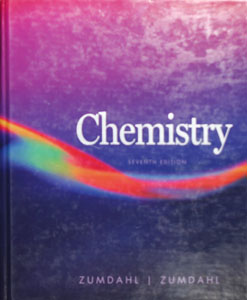 |
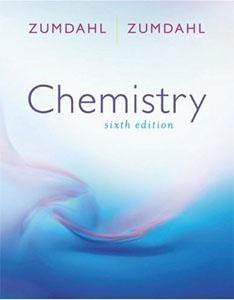 |
|
| Your instruction will not just come from the textbook. Over several years I have developed tutorials that cover much of the same material that is in the textbook. So you have both sources to learn from. The advantage of these online tutorials is that we can use many more images to make learning easier. - (Ken Costello) | 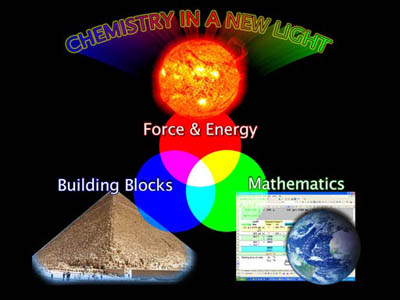 |
|
